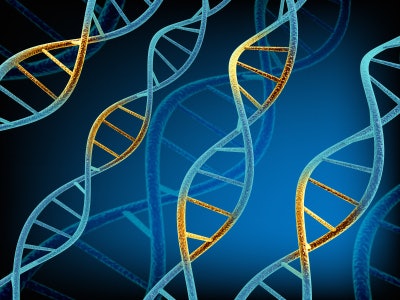
Natera on Tuesday announced results from a study showing that donor-derived cell-free DNA (dd-cfDNA) testing with its Prospera Kidney test was superior to the current standard of care, donor-specific antibody testing, in predicting antibody-mediated rejection.
The Prospera test leverages Natera’s core single-nucleotide-based massively multiplexed PCR technology to identify allograft rejection noninvasively without the need for prior donor or recipient genotyping. The test measures the fraction of donor-derived cell-free DNA in the recipient’s blood. It may be used by physicians considering the diagnosis of active rejection, helping to rule in or out this condition when evaluating the need for diagnostic testing or the results of an invasive biopsy, Natera said.
The investigators in the Trifecta study in Transplantation assessed dd-cfDNA donor fraction, estimated amount of dd-cfDNA, and donor-specific antibody-status for 280 samples from recipients of kidney transplants matched to kidney biopsies evaluated by both RNA-based molecular pathology and histology, Natera said.
According to the study, both dd-cfDNA donor fraction and estimated amount of dd-cfDNA outperformed DSA in identifying antibody-mediated rejection, Natera said.
“These data further strengthen the case to incorporate dd-cfDNA into routine practice for the assessment of solid organ transplant rejection,” Dr. Phil Halloran, the study’s principal investigator and director of the Alberta Transplant Applied Genomics Center, said in a statement. “DSA has been a staple in the transplant physician's repertoire for a long time, but it's increasingly clear that we also need to adopt newer technologies, like dd-cfDNA, to develop a more complete clinical picture of patients' graft status.”














